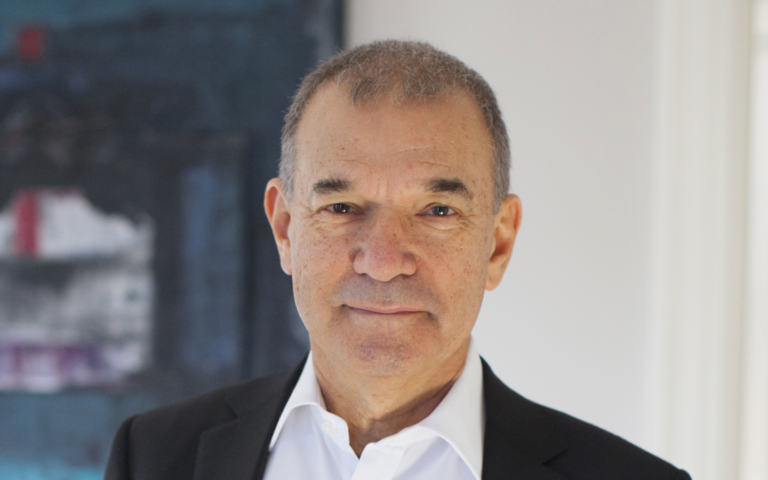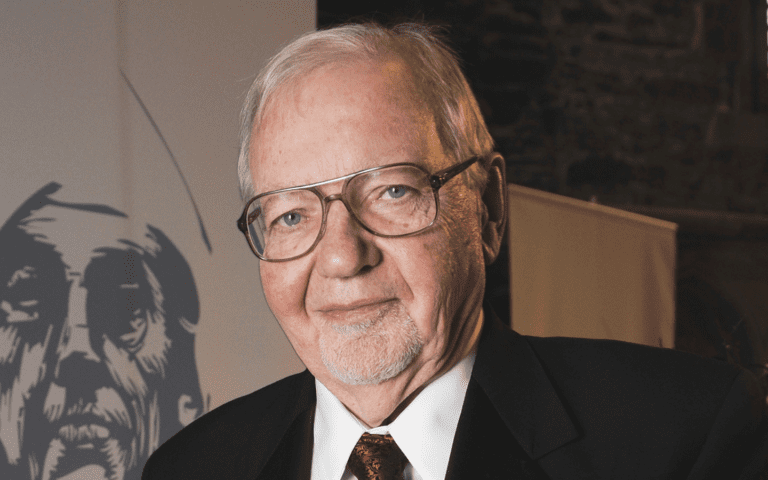
On 11 February, the Holberg Committee convened in Berlin and put forward their recommendation for this year’s recipient of the Holberg Prize.
The Holberg Committee met in the venerable premises of the Wissenschaftskolleg zu Berlin to deliberate on the shortlist candidates for the Holberg Prize 2016 and to put forward its recommendation to the Holberg Board. According to the Committee, there were many strong candidates this year, and the decision was a difficult one. Still, there was no doubt that the committee in its unanimous decision had selected a worthy candidate to be recommended for the Prize.
As in previous years, the Holberg Committee had gathered assessments on the shortlist candidates from a number of recognized international scholars. A total of 76 candidates were nominated for the 2016 Prize, and of these, seven were on the shortlist. Most of the 76 were from US institutions, while nine of the nominees were from Germany, the highest number since the beginning in 2004.
The final decision on the 2016 Holberg Prize recipient will be made by the Holberg Board, which convenes on 29 February. The laureate will then be announced on 11 March, at 09:00 AM at the Library of Humanities, the University of Bergen.
Last edited:
Published:
Related content

“Everyone dreams at night”: Interview with Stephen Greenblatt
What are the paths and life events that have led 2016 Holberg Laureate Professor Stephen Greenblatt to where he is today? Where will he go from here? How will the humanities survive the current crisis? Those are some of the questions Greenblatt answers in this exclusive interview.

About Fredric R. Jameson
Fredric R. Jameson (born in 1934 in Cleveland, Ohio) is one of today's most important and most influential cultural theorists. He has done more for the contextual study of culture than any other living scholar. Over the past four decades, he has developed a richly nuanced theory of how modern culture – in particular, literature, painting, cinema, and architecture – relates to social and economic developments.

About Ian Hacking
Ian Hacking (born in 1936 in Vancouver, British Columbia) is one of the world's leading scholars in the fields of philosophy and history of science. He has made important contributions to areas as diverse as the philosophy and history of physics; the understanding of the concept of probability; the philosophy of language; and the philosophy and history of psychology and psychiatry.

